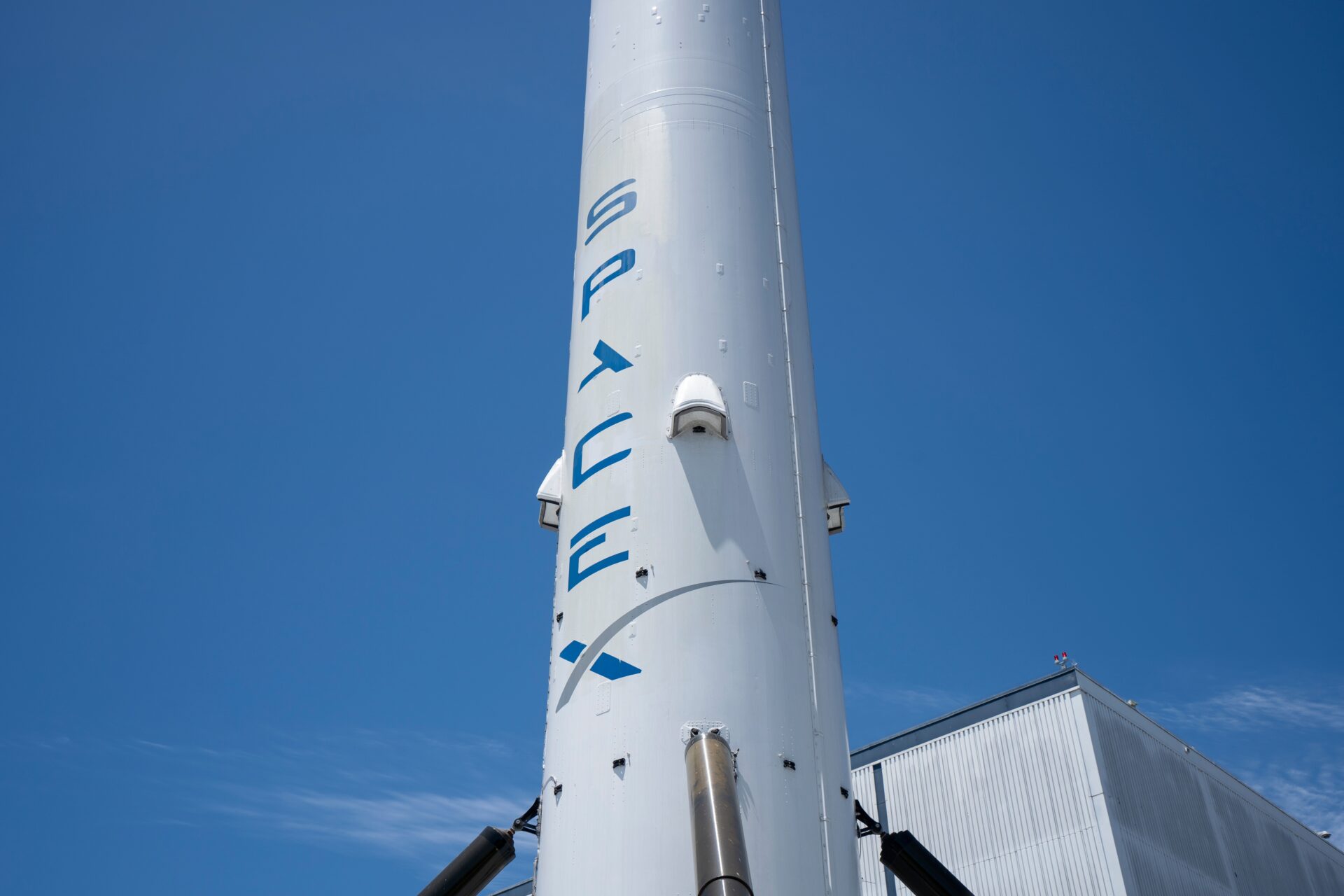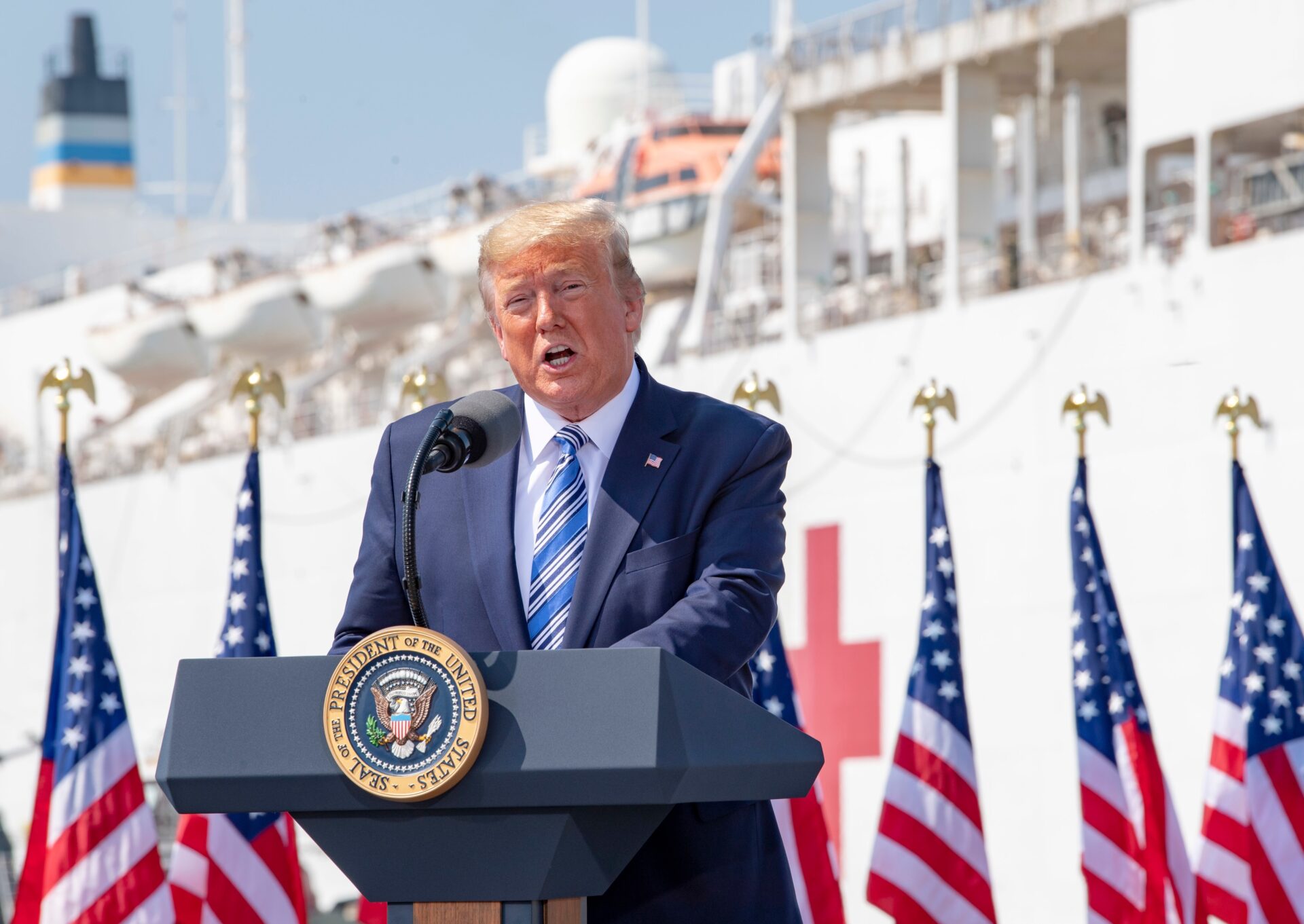
Trump SABOTAGES Iran – New Sanctions!
President Trump imposes new sanctions on Iranian oil smuggling network while demanding a complete shutdown of uranium enrichment in ongoing nuclear talks.
At a Glance
- U.S. Treasury sanctions target 23 firms helping Iran evade oil industry restrictions
- Sepehr Energy and CCIC Singapore accused of concealing Iranian oil shipments to China
- Trump administration demands complete halt to uranium enrichment with no sanctions relief until compliance
- Iran insists enrichment is non-negotiable while showing openness to temporary limits
- Both sides remain at impasse with U.S. rejecting any terms resembling the 2015 nuclear deal
New Sanctions Target Iranian Oil Smuggling Network
The Trump administration has intensified pressure on Iran by announcing a new round of sanctions targeting nearly two dozen corporations involved in helping the regime evade oil industry restrictions. The U.S. Treasury Department’s action focuses on Sepehr Energy and its network of front companies that have enabled Iran to continue selling oil on international markets despite existing sanctions. These sanctioned entities are accused of orchestrating elaborate oil smuggling and money laundering operations that generate significant revenue for the Iranian regime.
The State Department specifically identified these corporations as funding Iran’s ballistic missile development, nuclear proliferation activities, and support for terrorist proxies throughout the Middle East. By targeting this network, the administration aims to cut off financial flows that enable Iran’s destabilizing regional activities. The sanctions come amid the fourth round of indirect nuclear talks between the U.S. and Iran, demonstrating the administration’s commitment to maintaining maximum pressure during negotiations.
🇺🇸 US President Donald Trump:
• 'Very good things' are happening in nuclear talks with Iran, but stressed that Tehran 'can’t have' nuclear weapons
• Considering lifting US sanctions on Syria after Turkish President Erdogan’s request to give Damascus 'a fresh start'
— Anadolu English (@anadoluagency) May 12, 2025
Sophisticated Oil Smuggling Operations Exposed
Among the sanctioned entities, CCIC Singapore PTE. Ltd. stands accused of particularly deceptive practices. Treasury officials revealed the company has been using ship-to-ship transfers to disguise Iranian oil as originating from Malaysia. This sophisticated operation has allowed Iran to conceal the true origin of petroleum products, helping the regime bypass international monitoring systems and continue selling to buyers who might otherwise avoid sanctioned goods.
Intelligence reports indicate much of this smuggled oil is ultimately sold to China, providing Iran with a crucial economic lifeline. The sanctioned network reportedly employs various deceptive practices, including falsified shipping documents, vessel identity manipulation, and complex financial transactions routed through multiple jurisdictions to obscure connections to Iran. These tactics have enabled the regime to generate billions in revenue despite U.S. efforts to isolate Iran economically.
Tariffs truce with China, Iran nuclear talks, Syria sanctions and 'nuclear conflict' between India and Pakistan – US President Donald Trump tackles number of topics in news conference ahead of 'historic trip' to Gulf
Latest here: https://t.co/zntXv6wTbK
— The National (@TheNationalNews) May 12, 2025
Nuclear Negotiations at an Impasse
The Trump administration has been engaged in indirect talks with Iran, mediated by Oman, focusing on Iran’s nuclear program. The U.S. position remains firm: no sanctions relief will be granted without verifiable proof that Iran has halted uranium enrichment activities. The administration has demanded the complete dismantlement of Iran’s enrichment facilities and elimination of any potential nuclear weaponization capabilities, calling for a substantially more restrictive agreement than the 2015 Joint Comprehensive Plan of Action (JCPOA).
Iranian officials have publicly declared uranium enrichment a matter of national pride and sovereignty that remains non-negotiable. While showing some flexibility by expressing openness to temporary limits on enrichment levels similar to those in the 2015 agreement, Iran’s position falls far short of U.S. demands. The Trump administration has explicitly rejected any terms resembling the JCPOA, which it withdrew from in 2018, characterizing it as fundamentally flawed and insufficient to prevent Iran from eventually developing nuclear weapons.
Diplomatic Standoff Continues
Despite the escalation in sanctions and the significant gap between the two sides’ positions, diplomatic channels remain open. Iranian state media has criticized the U.S. stance as inflammatory but confirmed Iran’s continued participation in the talks. The ongoing sanctions campaign represents a central element of the Trump administration’s strategy to force Iran to accept more comprehensive restrictions on its nuclear program than those contained in the 2015 agreement.
The standoff highlights fundamental differences in how each side approaches the nuclear issue. While the U.S. views Iran’s enrichment program as inherently threatening and unnecessary for civilian energy purposes, Iran portrays it as a sovereign right and symbol of technological advancement. With both sides appearing unwilling to compromise on core demands, prospects for a breakthrough remain uncertain as the diplomatic chess game continues amid intensifying economic pressure.


